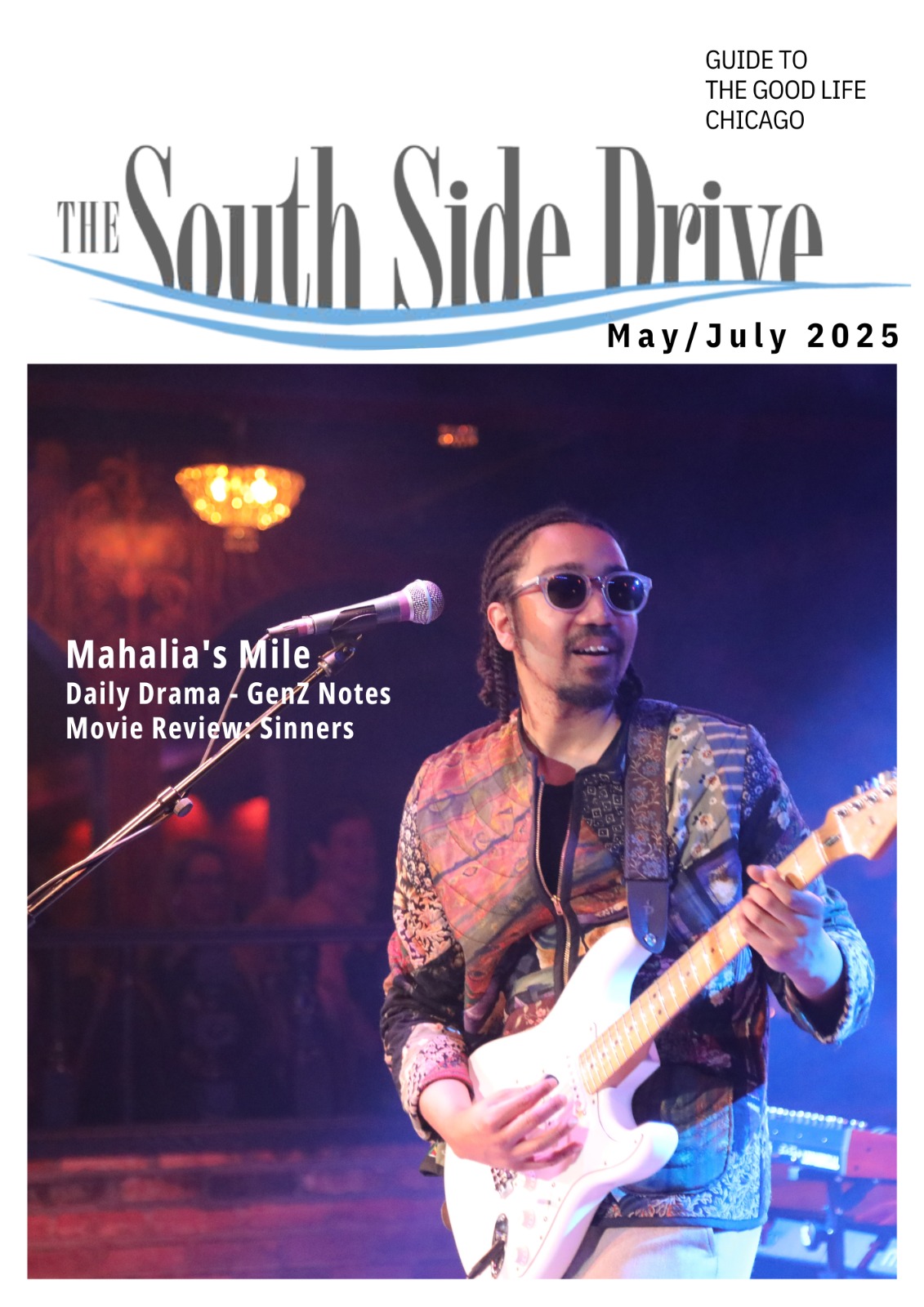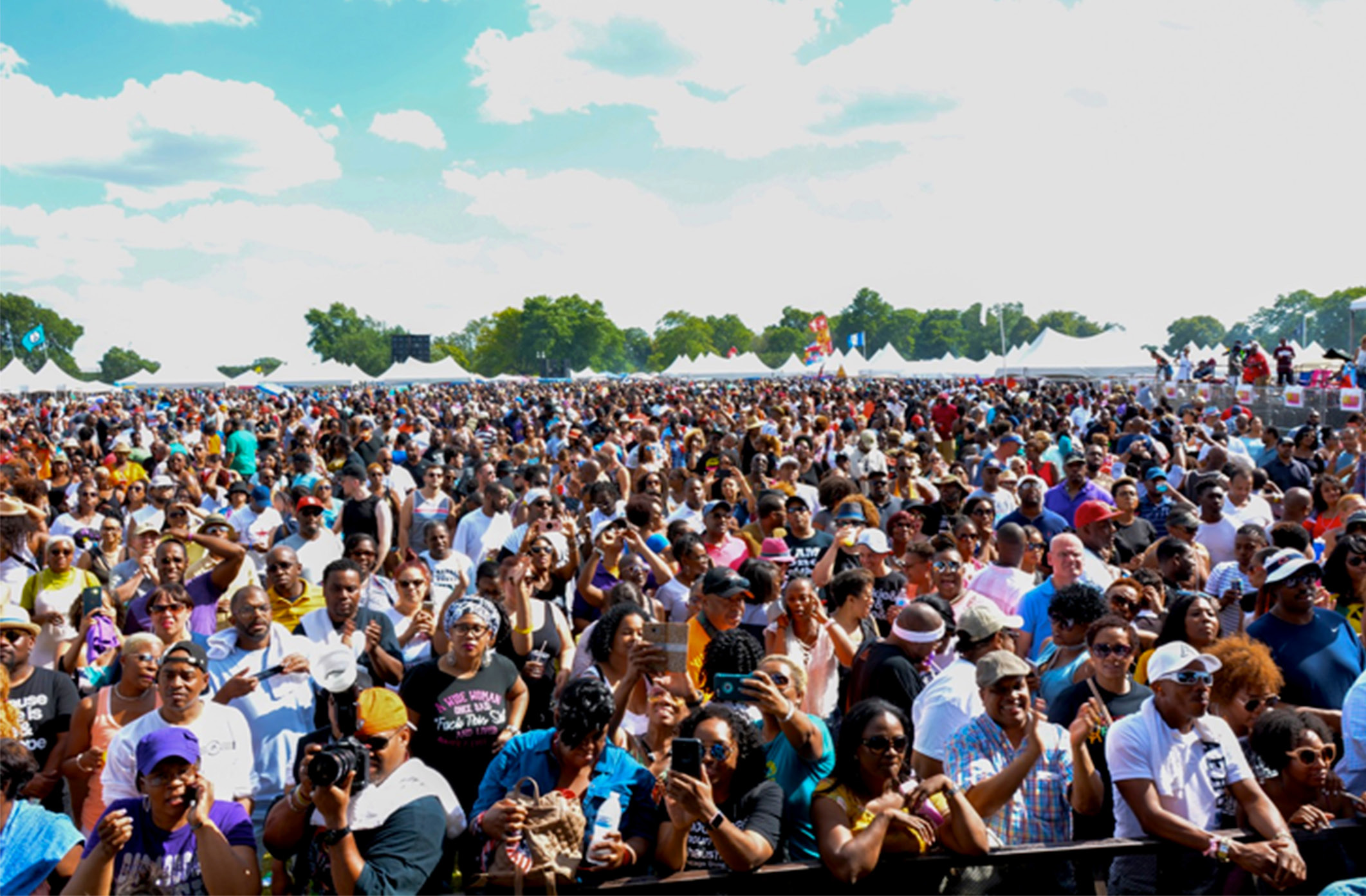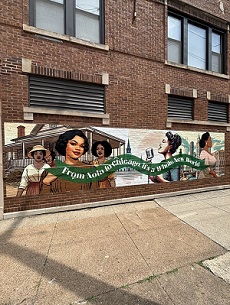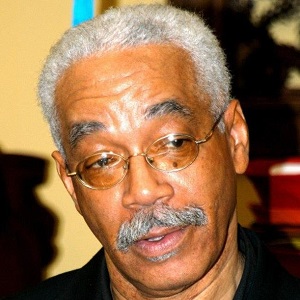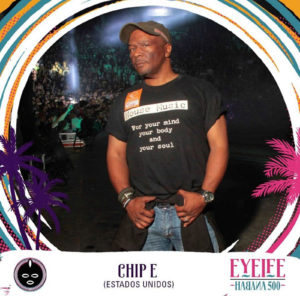
The airwaves are filled with Contemporary R&B, Hip Hop and Rap. But what’s playing at the dance clubs, locally, nationally, gaining traction on radio stations throughout both urban and rural areas and in an unprecedented way, show up in clubs and at festivals internationally, is the repetitive beat of House Music. It’s almost impossible to listen to House Music and keep your feet still, keep your head from bobbing – its music you can feel, music that makes you “jack your body.” So, this is Black History Month. A time when we look at the accomplishments of Black inventors, Black politicians, Black creators, Black heroes, and Black pioneers. That makes it a great time to look at this genre of music that was created, right here in Chicago by young Black pioneers – mostly from the South Side of Chicago.
Chip E. (Irwin Eberhart II) was a student at Columbia College, Chicago, working at Importers, etc., Chicago’s premier record store for D. J.’s on the weekends, and D.J.ing on weekend nights when he helped birth the genre. He is considered a founding father of House Music and was the first to be called the Godfather of House Music. Today, Chip is known as the Architect of House and Techno.
Like Chip, Vince Lawrence, another primary catalyst in the creation of House Music, is also from Chicago’s South Side. In 1984-85 when House Music became a thing, Vince was already working as a music producer – having produced several singles on various artists and assisted in the formation of several labels critical to the House Music genre. Vince and Chip lived about five blocks from each other and would work together, recording tracks, either from Vince’s bedroom studio or Chip’s basement studio in Chicago’s Chatham community.
Lidell Townsell, also a pioneer of House Music, was still in high school when he started doing House Music along with his partner, Chubby, aka William S. They began co-producing with Chip E. on songs. Lidell says those who influenced him most in terms of House Music were Chip E., Ron Hardy, and Frankie Knuckles.
Ron Hardy and Frankie Knuckles were House Music D.J.’s. One of the differences between House Music and other forms of music is that the performers are the D.J’s, as opposed to vocalists or musicians. Th e instruments are the keyboards and synthesizers.
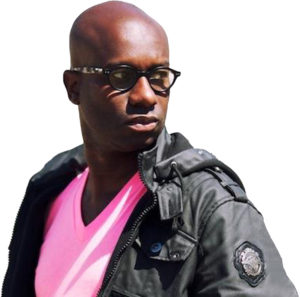
Ron Hardy was a personable D.J. loved by all, who played House Music at the R2 (Reactor 2) Underground, which later became the Music Box. Sadly, Hardy passed away in 1992 at the age of 34. His contribution to House Music is commemorated in the documentary, “The Unusual Suspects: Once Upon A Time in House Music,” written by Chip E. and produced by Chip E. and K. Joy.
Another pioneer was Frankie Knuckles, who unlike the other House Music pioneers was not a native Chicagoan. Frankie came from New York and was a D.J. at the Warehouse, another House Music Club. Chip produced Frankie’s first recording. Frankie Knuckles died prematurely of diabetes-related causes.
Although a lot of people associate the Warehouse with House Music, Chip E. notes that the Warehouse club had closed down at least two years before House Music came into being.
So where did the term “House Music” come from? Chip E. relates the story of how kids would come into Importers, Etc. looking for older disco music saying, “I want that song they played at the Warehouse.” So, they began putting up signs that said ‘As heard at the Warehouse,’ and eventually just began saying “the House.” Seeing how just that word, “house, turned records into gold, Chip E., Jes-se Saunders, Farley (Farley “Jackmaster” Funk) and Steve Hurley agreed that making some new music and calling it “house” would be a good move. “So that’s exactly what I did,” Chip related. In 1984, Chip E. created an EP (an Ex-tended Play record) called “Jack Trax” which included the tracks, “It’s House” and “Time to Jack” and a genre called “House Music” was born.
Chip E. made other songs that became hits back then. Although on many of his songs, such as “Time to Jack was the spoken vocal repeated throughout the track, i.e., “Time to Jack, Time to Jack, Time to Jack, etc., there were also songs in which he engaged vocalists. “Like Th is” featuring the vocals of K. Joy (Kim Salter) Chip’s former high school classmate. Vocalist, Kevin Irving, sang on another Chip E. production, “If You Only Knew.” Both “Like This” and “If you Only Knew” were House Music sensations. “If You Only Knew” sold over 200,000 copies in the U.K. in its first month. Another track, “Godfather of House Music,” was instrumental (pun intended) in earning Chip the title “Godfather of House Music.”
Vince Lawrence also made many contributions to House Music. He co-wrote “On& On” with Jesse Saunders, and co-wrote “Funk U Up” which was the first House music record to reach the Billboard charts, co-wrote the only release credited to Ron Hardy, and introduced the world to Marshall Jefferson, who later recorded the House Music Anthem, “Move Your Body.”
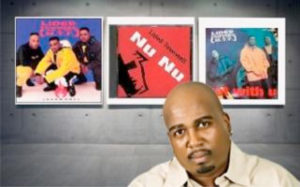
Lidell originally released numerous singles on the Trax and D.J. International labels. He released an album, Harmony, on Mercury/PolyGram Records. Two singles from that album were hits in the USA, “Get with U” and “Nu Nu (Yeah, Yeah),”
We asked the pioneers what makes House Music so unique? Chip E. feels as though the genre’s uniqueness comes from the fact that it’s more rhythm oriented rather body want to move. Lidell Townsend agrees, adding that House Music is fresh and very easy to listen to. “It makes you go to another world,’ he says.
All three agree that House Music is not the same in 2020 as it was in 1985. Vince says, “I think that House in ’85 enjoyed many colors in its palette. Many types of music played a role in inspiring what has become House Music as we understand it today. Since that time the genre has become fragmented, creating many sub-genres, each with its own rules that define its legitimacy. Fans of one faction or another seem fiercely loyal to that style causing a degree of “sameness” where individuality and creativity were celebrated in the past.”

Chip E. agrees that House music has changed quite a bit, stating, “It’s fragmented into many sub-genres like Techno, Tech House, Trance and Dubstep to name a few.” Lidell has a somewhat different take. “Today’s House Music is good, it’s just more mainstream. House Music has many identities, so we can’t label what’s house and what’s not House, as long as it has a 4-4 count and a 4-4 beat, it’s House.”
Being a House Music D.J. seems to re-quire having a passport because House Music D. J.’s to quite a bit of traveling. Th e U.K., Australia, Japan, Cuba and other places around the world are always having House Music Festivals, or they feature Chicago House Music D.J.’s at their House Music clubs. Although born in Chicago, House Music can be looked upon as one of the most, if not the most international genre of music. Its melodies seem to trans-late easily into any language. Chip credits House Music’s international appeal to the fact that House Music emerged in a time of the internet and a more international world, but also because House music has always been very inclusive rather than exclusive. Says Chip, “You don’t have to have a Rock and Roll look or a Country look or a House look to be part of the House Culture; the House culture is continuously emerging and defies boundaries.”
Today, Lidell is still writing and producing music and DJing. Vince still works as a music producer and remixer, in addition to heading up Slang Music Group, which creates music for artists, TV, film, and gaming. And Chip, after taking a nearly 3-decade absence, while he worked in the video world and the IT world, is back with a vengeance. “I’m picking up where I left off,” he says, “and going in harder than ever”.
This year, the City of Chicago will host the 5th Annual House Music Festival in Millennial Park and each July since 1990, the Chosen Few Picnic has drawn more than 40,000 House Music Fans to Jackson Park.
There’s no doubt that House Music is here to stay, and Chip agrees. “House music will never die –Producers just multiply,” he quips. And adds, “As technology becomes more available, we’ll see more new and diverse artists. I think the future of House will come with combining rich cultural sounds from 2nd and 3rd world countries as their dance cultures come into line with the western world while retaining their unique cultural spice from each region.”
